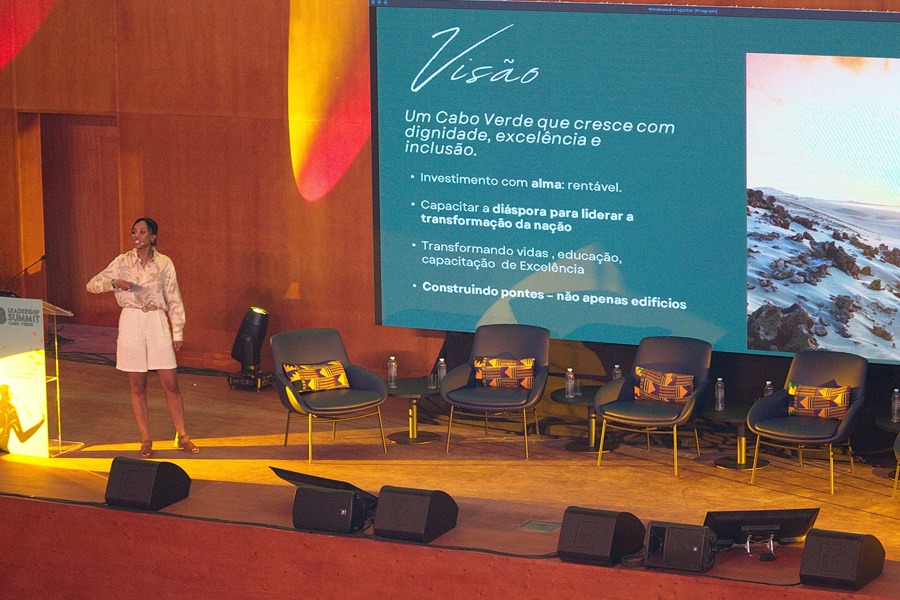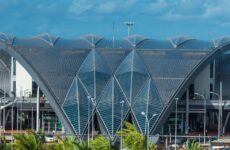On 22 and 23 May 2025, the Leadership Summit Cabo Verde took place at the TechPark campus in Praia, on the island of Santiago. This high-level forum focused on strategic leadership, entrepreneurship, and social transformation in Africa. One of the most prominent voices at the event was Mónica Sofia Duarte, a native of Santiago, entrepreneur and philanthropist, who returned to Cape Verde after years in the European financial sector to dedicate herself to developerský and investment projects in the country.
A return with a clear purpose
“Africa needs real socio-economic balance. Without it, there can be no development, no justice, no future,” Duarte stressed in her speech. After more than ten years in Europe, she made the decision to return — not out of nostalgia, but based on analysis. “I studied the data, identified the gaps, and realised that the biggest problem in Cape Verde is not a lack of money, but a lack of coordination.”
According to her, the diaspora holds enormous potential but often hesitates to invest, leaving space that is quickly filled by foreign actors. “Either we create value ourselves, or someone else will do it for us.”
Action over words
Duarte presented the work of the Naděje Cabo Verde Foundation, which provides daily support to children and families in the regions of Santa Cruz and São Domingos. Among the foundation’s projects are school transport for children, targeted social support, and the construction of a maternity unit. “We don’t do charity. We do social investment. Only then can sustainable growth be achieved.”
Real estate as a development tool
As CEO of Cabo Verde Real Estate, Duarte operates on the islands of Sal, Boa Vista, and Santiago. She firmly rejects the stereotypes associated with the real estate sector. “This sector is not just about construction. It’s a tool for planning, employment, tourism, and dignified housing. It’s a way to help people remain in their country.”
A call for balance and responsibility
Duarte’s key message centred on the need for long-term planning, coordination across initiatives, and readiness to assume responsibility. “Africa is where it is because it lacks balance. Real socio-economic balance. Without it, there can be no future.”
Source:




